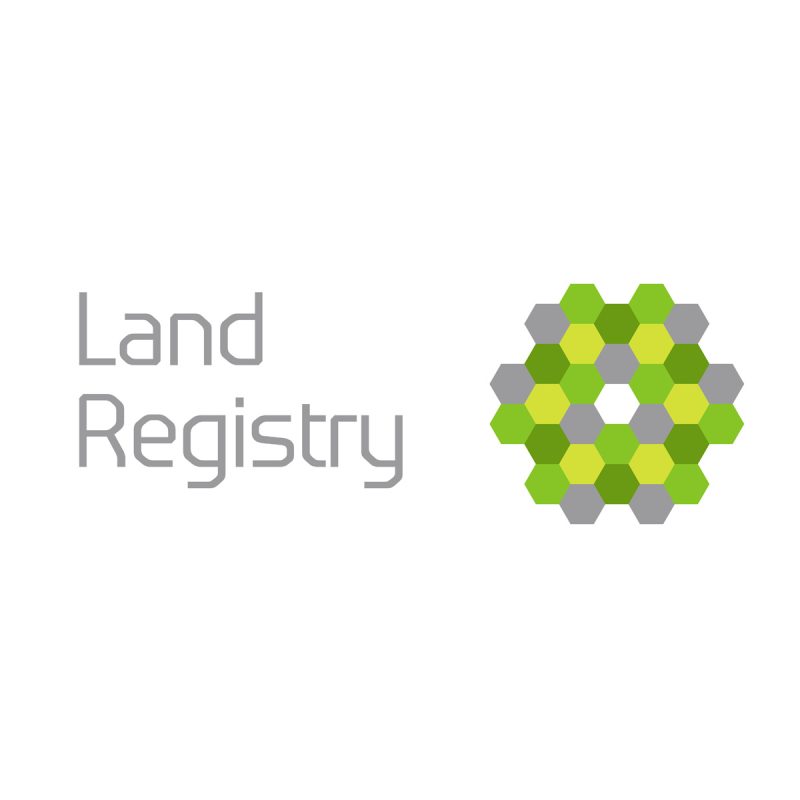If you’ve ever bought a house then you will have dealt with the Land Registry. It was them after all that documented your ownership rights. Yet, despite being Government-run for many years it has recently been the subject of calls for privatisation, first in 2014 and then once more in 2016, as the Government look to raise funds, despite the fact that the Land Registry almost always makes a profit each year.
So, who are the Land Registry and what do they do?
- The Land Registry is responsible for recording ownership of land and property and has been doing so since 1862!
- They are a state-owned asset.
- The current set-up means that the taxpayer does not fund the service.
- The Land Registry has around 24 million titles registered.
- They produce data on house prices and transactions which are used by the government.
- The facilities they provide make the process of selling and buying properties much simpler; they have an online portal where you can download a number of documents instantly.
- It is relied on as an impartial service, free from conflict.
Privatisation means the transfer of assets from the public (government) sector to the private sector. As an attempt to raise £5bn from the sale of corporate and financial assets (as revealed in the Autumn Statement 2016), the government are consulting options to move the Land Registry to the private sector. The possibility has been considered for a long time and the decision has only been postponed, rather than rejected.
How will privatisation affect its service?
Privatising the Land Registry could:
- Increase the cost of buying/selling property.
- Force small, high-street solicitors out of business.
- Threaten the stability of the housing market.
- Result in a significant loss of income to the Treasury having brought in £297m of revenue last year.
- Dramatically affect the service they provide.
- Make it harder to regulate property ownership in the UK. The Independent have reported: “Approximately 40,000 properties in London alone are registered in the names of offshore companies, whose ultimate ownership is unclear.”
- Affect data security – whilst the Land Registry do hold publicly accessible information, it also contains private date such as mortgage account numbers.
It is also unclear why the government believe that privatisation will increase efficiency.
What is happening now?
The feedback from the consultation has revealed a strong “against” camp – Over two thirds of the public want the service to stay public and a petition against has been signed by over 320,000 people.
This means that the privatisation has taken a back seat… for now. But the future is uncertain. The plans have been put on hold whilst a review is undertaken of the responses to the consultation. Who knows what the future will bring for the privatisation of the Land Registry.
Natasha Challand



